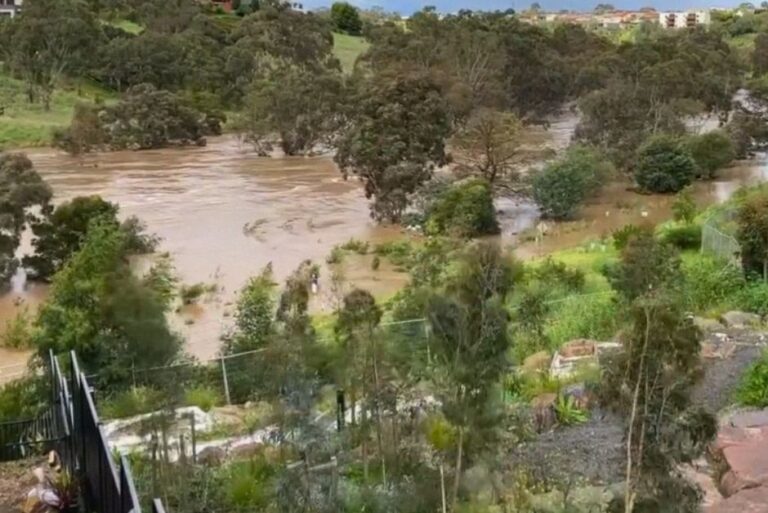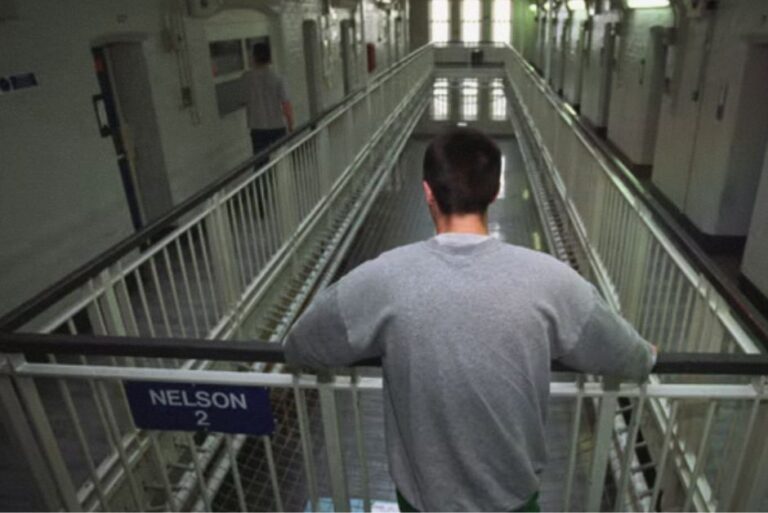David ETTERSHANK (Western Metropolitan):
I rise to make a brief contribution to the Justice Legislation Amendment Bill 2023 on behalf of Legalise Cannabis Victoria. I will say from the outset that we are supportive of this bill overall.
As other members have noted, this omnibus bill makes improvements to a number of Acts. The bill implements a key recommendation of the coronial inquest into the death of Tanya Day in ensuring that the Victorian Aboriginal Legal Service is automatically notified when an Aboriginal person is taken into custody, amends the Spent Convictions Act to remove some of the limitations to eligibility in the scheme and addresses various legal and procedural issues across other Acts. We wholeheartedly support these amendments.
We have a couple of questions around amendments to the various Court Acts. The ability to attend virtual court or tribunal hearings was a good temporary response to the Covid pandemic restrictions. However, stakeholders are concerned about the need for the proposed amendment to Open Courts Act 2013, which would empower the Supreme Court, the County Court and the Coroner’s Court, to replace a public hearing with an audio-visual recording or transcript of the hearing provided after the fact. There are concerns that the proposed changes are antithetical to the principles of open justice and may undermine the right to a public hearing.
What happens if the affected parties wish to attend in person? Is there a threshold which courts and tribunals would need to satisfy in limiting physical hearings?
Amendments to the Coroners Act have similarly raised concerns amongst stakeholders. Firstly, the Act defines a coronial investigator, very narrowly, as a police officer who is nominated by the Chief Commissioner of Police to assist a coroner in relation to an investigation into a reportable death – so essentially you have the Chief Commissioner of Police nominating a police officer to investigate another police officer. This is problematic, particularly in relation to the investigation of deaths in custody and police contact deaths.
Further, Section 15A states that ‘a coronial investigator is not required to comply with a direction under subsection (1)’ if the Chief Commissioner considers the direction to be ‘unreasonable’. Unreasonable is a pretty broad term. It gives the Chief Commissioner of Police a lot of discretion and potentially undermines the independence of coronial investigatory processes.
The section goes on to say that the ‘coronial investigator must comply with a reasonable and lawful direction … and must do so within a reasonable timeframe’. Reasonable timeframe is another broad term, and stakeholders, mindful of the effect that long delays have on grieving families, would like to see a temporal requirement put in place around this provision.
Moving on to the expansion of the firefighters’ presumptive rights scheme, we commend the government for including coverage for female firefighters and vehicle and maintenance workers who contract cervical cancer, ovarian cancer and uterine cancer. This is a very important step in ensuring female firefighters’ and ancillary workers’ gain rightful access to compensation.
These three additional cancers bring the number eligible for compensation by the Victorian scheme up to 12. While this is a definite improvement, it is still short of the 21 cancers provided for in the federal legislation – which covers aviation firefighters and ACT firefighters – not to mention the Western Australian and Tasmanian schemes.
The federal legislation includes cover for lung cancer, skin cancer, penile cancer, pancreatic cancer, malignant mesothelioma and thyroid cancer. It is only right and logical that Victorian firefighters have access to all the protections afforded to their federal colleagues and those of other states.
As El Nino again makes its presence felt around the globe, we are staring down the barrel of another potentially deadly summer of bushfires. We all remember the horror of the 2019 bushfires – and the extraordinary bravery of those Victorians, those volunteer and career firefighters, who literally put their lives on the line to save homes and communities and families. Firefighters face unimaginable risks in the course of their work, and sadly, cancer is one of those unavoidable risks.
So, in the event that a firefighter does contract cancer in the line of duty, the least we can do is help to reduce the stress and burden of the compensation process.
For this reason, we will be supporting the Greens amendments to include the relevant cancers and bring Victorian legislation in line with the federal scheme.
[Incorporated into hansard]





